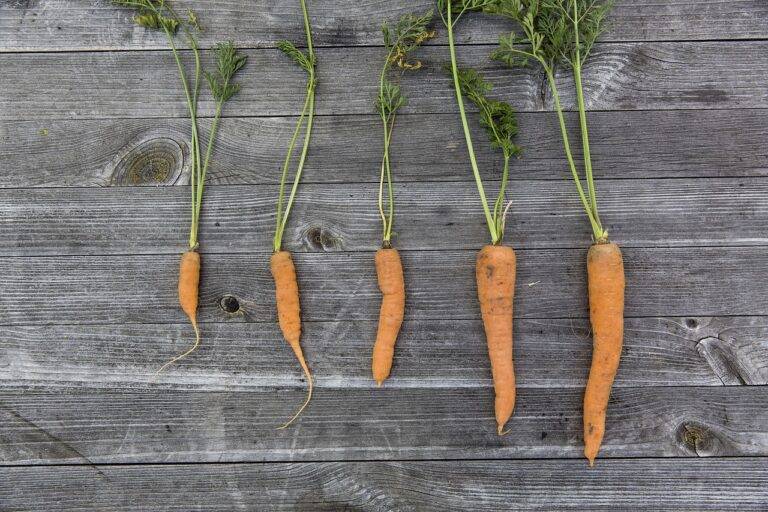The Rise of Food Co-Ops: Community Solutions to Food Accessibility
Food co-ops have a rich history that dates back to the 19th century when communities came together to address food shortages and access to fresh produce. These early co-ops were a response to industrialization’s impact on agriculture and the desire for a more equitable food system. By pooling resources and buying in bulk, co-op members were able to secure better prices and ensure a consistent supply of quality food.
Over the years, food co-ops have evolved to encompass a wide range of models, from consumer-owned stores to producer co-ops focused on supporting local farmers. The cooperative movement gained momentum in the 1960s and 1970s with a focus on organic, sustainable, and ethically sourced products. Today, food cooperatives continue to thrive as a way for communities to take control of their food supply chain and promote values of transparency, environmental stewardship, and social responsibility.
Benefits of Joining a Food Co-Op
Food co-ops offer a range of benefits to their members. Firstly, by joining a food co-op, individuals can access fresh, locally sourced produce that is often cheaper than what is available in traditional grocery stores. This can help members save money on their grocery bills while also supporting local farmers and producers. Additionally, many food co-ops focus on sustainability and ethical practices, so members can feel good about the food they are purchasing and consuming.
Another key benefit of joining a food co-op is the sense of community that it offers. Members often have the opportunity to participate in events such as cooking classes, farm tours, and community meals, fostering a sense of connection with others who share similar values around food. This community aspect can also extend to the decision-making process within the co-op, as members typically have a say in what products are offered and how the co-op is run, empowering them to be more involved in their food choices.
What is a food co-op?
A food co-op is a cooperative grocery store where members work together to purchase fresh, local, and organic food at lower prices.
How do food co-ops benefit the community?
Food co-ops benefit the community by providing access to fresh and healthy food, supporting local farmers and producers, and promoting sustainable food practices.
How can I join a food co-op?
To join a food co-op, you typically need to pay a membership fee and may be required to volunteer a certain number of hours per month.
Are there any financial benefits to joining a food co-op?
Yes, joining a food co-op can save you money on groceries as members often receive discounts on products and bulk buying options.
Can anyone join a food co-op?
Most food co-ops are open to the public, but some may require you to become a member in order to access the benefits of the co-op.





